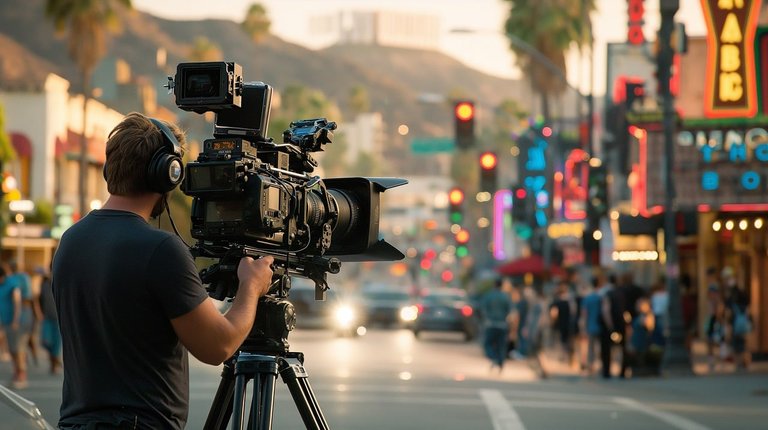No culture has always been identified with the kind of food we eat, how we speak, our mode of dressing, and our beliefs. Culture is aimed at showcasing our uniqueness and peculiarities as regards the various ethnical groups we have, but its main objective is focused on projecting and maintaining our socio-moral norms and values.

source
Religion, on the other hand, is the absolute belief in the sovereignty of a superior being or other beings, as the case may be; this belief is accompanied by worship, reverence, and submissiveness. There are five most predominant religions in the world; Christianity, Judaism, Islam, Buddhism, and Hinduism. These religions are the top five religions amongst others because of the number of devotees practicing these various religions.
Each of these religions has a structured, organized, and peculiar mannerism of worship; this worship is geared towards showing reverence and respect to the superior being (beings) and religious leaders and ministers are put in place to lead the people in the act of worship, to teach, instruct and guide those who profess their faith or belief.
There may be various and distinct methods of worship in the various religions over the world, but every act of worship has a common goal, and that is to show reverence. Religion aims at two things; the first is the worship of the sovereign being, and the second is our relationship with one another, how we relate and associate with each other while we live here on earth. No true religion is aimed at hating. Instead, it teaches love, kindness, tolerance, and peace. As humans, these four attributes or virtues improve lifestyles and relationships with others, making us better persons and people in general.
Undoubtedly, tolerance and understanding have remained the watchwords to peaceful co-existence in a world filled with different ideologies, belief systems, and backgrounds. there may be distinct ways of achieving a set goal, but most importantly, the outcome of the effort made. We must have heard the maxim" the end justifies the means" simply put as the end of a thing would determine the effort put in place to get it done.
The Nigerian movie industry (Nollywood) as an entertainment industry is saddled with the responsibility of dramatizing the stories and conceptual events happening in society; these stories are generated from our cultural beliefs and lifestyles (be it religious, political, or social). They are aimed to increase man's knowledge of the consequences of certain actions we take in life, these dramatized movies remind us of our morals and social values that must be held in high esteem and integrity.
Unfortunately, the intentions of the producers or actors of movies are misunderstood and misinterpreted by the public or viewers; the movies produced are seen to be disrespectful, insulting, and incite anger and hatred, especially when they affect an aspect of any religious group culture. Each movie tells a story, and every movie has a take-home lesson, a moral lesson that questions the attitude or behavior of people.
So the question should always be, what lesson(s) have I learned from the movie I just watched? Is the movie channelled towards making me a better person, has it taught me how to handle life situations and challenges and how to relate with others? These are necessary questions we need to ask ourselves; remember, every movie you watch is someone's story.
Nancy Isime ( a Nigerian talented actress) has been called out by some Islamic Clerics because of her role in a movie that has not been released yet to the general public, because of a scene in the movie where she was seen wearing a niqab ( a shorter version of the long veil covering worn by Arab women and Muslims in Nigeria) with a gun in her hand. Some of the Muslim community have requested that the movie should be banned.
Quite frankly, the hijab and niqab do not originally belong to the Islamic community but were adopted and made a part of her culture when it comes to dressing. However, some scholars preach against Muslim females wearing a Niqab because it does not cover the entire body and shape as expected of a devoted Muslim faithful.
It covers only the head and the shoulder bone, leaving the rest of the body, and this, they say, is unacceptable. But in some northern parts of the country, both Christian and Muslim women wear either the Hijab or a Niqab, not minding the religious differences but as a symbol of modesty, which both religions encourage.
Our agitations can only be justifiable if the acts or actions portrayed are envisaged towards mockery and outright disrespect to our religious beliefs. We live in a society where bad people hide under the mask of goodness to carry out their missions, but this does not mean that goodness is bad but that evil can penetrate through deception. So before we judge and condemn another's line of action, let's pay attention to their motive or intention and possibly the results of their actions.
Reference
Headline: Nigerian Government Responds to Calls to Ban Nancy Isime Film
Posted Using InLeo Alpha

